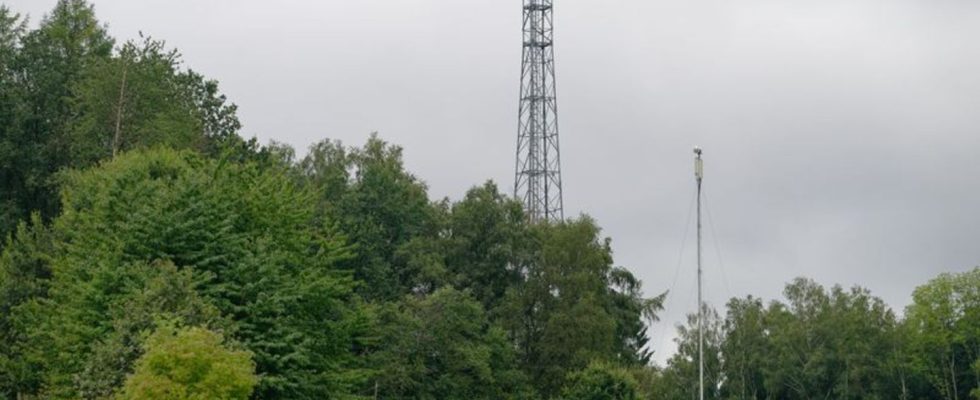telecommunications
Proposal on procedures for closing 4G dead spots
According to the Federal Network Agency, in October 2023 there were 4G dead spots in 2.5 percent of Germany. photo
© Henning Kaiser/dpa
The cell phone networks in Germany have been improving for several years. In some places the connection is still pretty bad. That should change.
For a better one According to the FDP’s presentation in the Bundestag, the federal government should initiate a new procedure for cell phone networks in remote areas.
To close a 4G gap, there should be an auction in which the company that needs the least subsidies gets the contract, said the parliamentary group’s digital policy spokesman, Maximilian Funke-Kaiser, to the dpa in Berlin.
“We finally want to close the gap in mobile communications.” A procedure like this could help. This is also called a “negative auction”: It’s not about who offers the most, but about who wants the least.
Rights of use should be extended
However, money should not flow from the state coffers. Instead, the telecommunications providers who close 4G dead spots should be financially relieved when frequency usage rights are awarded. Such rights for important area frequencies will expire at the end of 2025. The usual auction, in which the federal government collected a total of 6.6 billion euros in 2019, is to be canceled this year according to the Federal Network Agency’s proposal.
Instead, existing usage rights should be extended by five years. For this, the established network operators Deutsche Telekom, Vodafone and Telefónica (O2) would only have to pay a total of around 600 million euros in fees – much less than they would probably have to do if they bid again. If they also commit to closing 4G dead spots, the fee amount would decrease accordingly. The federal government would therefore collect less fees so that more remote areas can be provided with good mobile communications. The idea of a negative auction in mobile communications is not new, but it has not yet been implemented.
According to the Federal Network Agency, there were 4G dead spots in 2.5 percent of Germany in October 2023; more recent information is not available. In addition, there were 16 percent gray spots – in such areas only one or two of the three established network operators operate and not all of them. So if you’re unlucky and have a contract with the wrong provider, you won’t get a decent data transfer there. In addition, there were pure dead spots on 0.2 percent of the country – the 2G radio standard is not even possible there.

